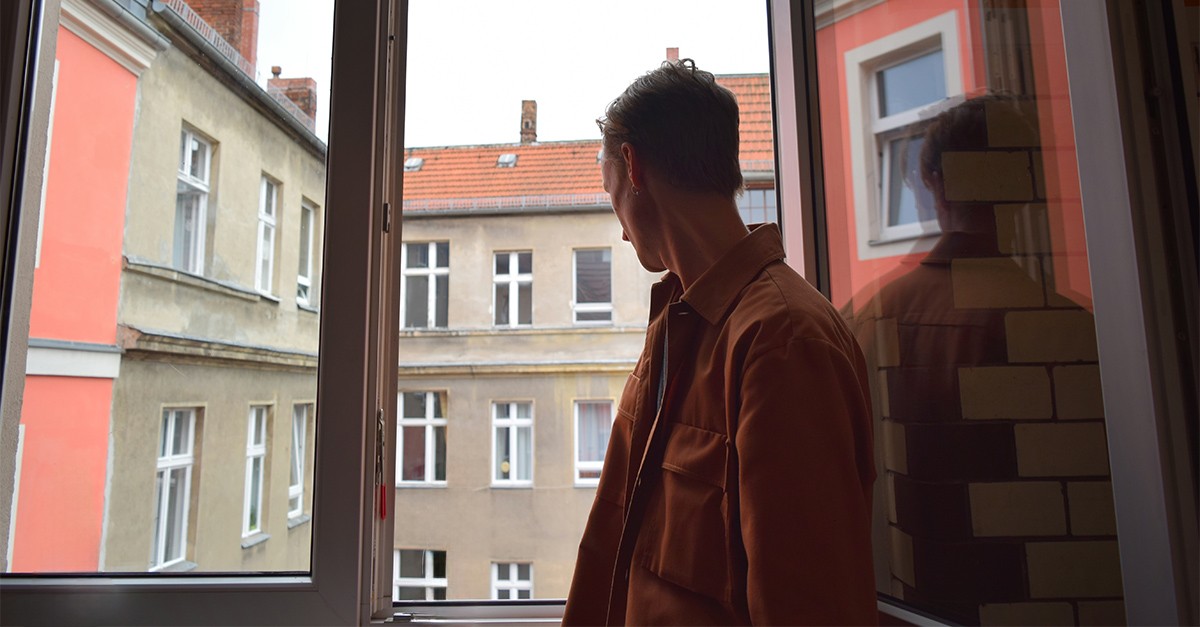
The inclusion of migrants in Portugal has returned to the media and political agenda following the enforcement of the new immigration law and Parliament’s approval of the ban on wearing the burqa in public spaces. These measures come, however, after the European Commission against Racism and Intolerance (ECRI) recently warned that Portugal needs an action plan to integrate migrants, who continue to suffer discrimination in housing and other areas. In fact, the EU body concludes that “problems in accessing housing are among the biggest obstacles to the integration of migrants in Portugal.”
Discrimination based on race, ethnicity, citizenship, religion, or sexual orientation continues to “raise concerns” across various areas and basic human rights such as health, education, employment, and housing, according to the report published in June and now reviewed by idealista/news. Nevertheless, the portrait of Portugal drawn by the ECRI points to “progress” in several areas over the past eight years.
“Problems in accessing housing are among the biggest obstacles to the integration of migrants in Portugal,” concludes the commission, created by the Council of Europe and chaired by Bertil Cottier. This situation is partly linked to the housing crisis in the country, marked by a shortage of supply and soaring prices – but not solely.
“There is an alarming rate of homelessness among migrants, who also face xenophobia in the housing sector.”
The vulnerability of migrants in the housing sector can also be explained by the “delays and inefficiencies” affecting hundreds of thousands of regularisation requests submitted to the Agency for Integration, Migration and Asylum (AIMA). Without valid residence permits, migrants become “subject to abuse in various aspects of life, such as employment, housing, and access to justice,” the ECRI explains.
The lack of documentation due to AIMA’s backlog, combined with the high cost of living and difficulties in meeting expenses, often leads many migrants to live on the streets, the independent European body notes. Another solution for many is to live in overcrowded housing. “There are reports of migrants living in homelessness or in overcrowded and unfit housing in Lisbon and Beja, including in makeshift camps,” it adds. In fact, the ECRI concludes that “one fifth of migrants in Portugal live in overcrowded accommodation, compared with less than one tenth of Portuguese nationals.”
Against this backdrop, the ECRI urges the “authorities to step up efforts to process pending regularisation requests” and to invest in the “effective functioning” of AIMA. Meanwhile, at the end of October 2025, the new immigration law entered into force, directly affecting AIMA as it aims to modernise and simplify procedures. On the other hand, it ushers in a period of adjustment to tighter rules on entry, residence, and family reunification for migrants. The legislation also restricts access to the skilled work visa and puts an end to the previous “expression of interest” mechanism.
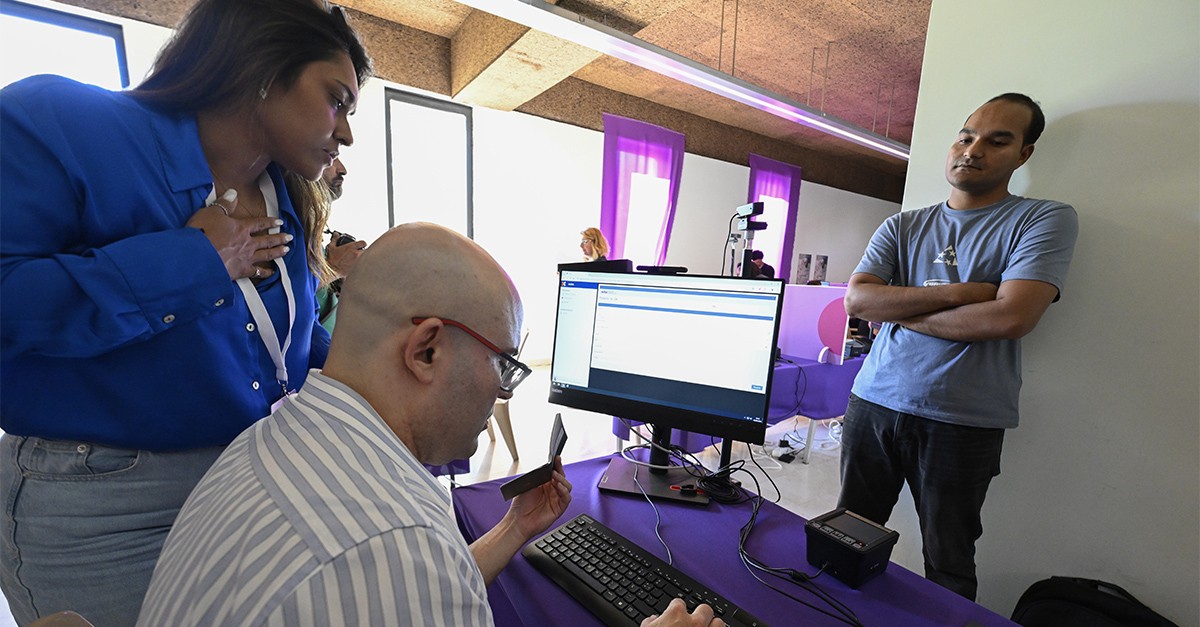
Who suffers most from housing discrimination in Portugal
Many migrant families “face xenophobia in the housing sector,” the European body denounces. It highlights a survey showing that 90% of Brazilian immigrants reported experiencing discrimination when trying to rent homes. This is also a reality for migrants from other Portuguese-speaking countries. But they are not the only ones affected.
The European report stresses that “Roma people, the vast majority of whom are Portuguese citizens, remain one of the most marginalised groups in the country,” particularly in employment and access to decent housing. In recent years, there has been “no significant progress in improving the housing conditions of Roma communities,” the ECRI also notes.
The conclusions from its 2024 visit to Portugal suggest that “Roma communities continue to struggle with territorial segregation, discrimination in the rental market, inadequate and overcrowded social housing, and shanty-town living conditions, lacking basic services,” according to the document.
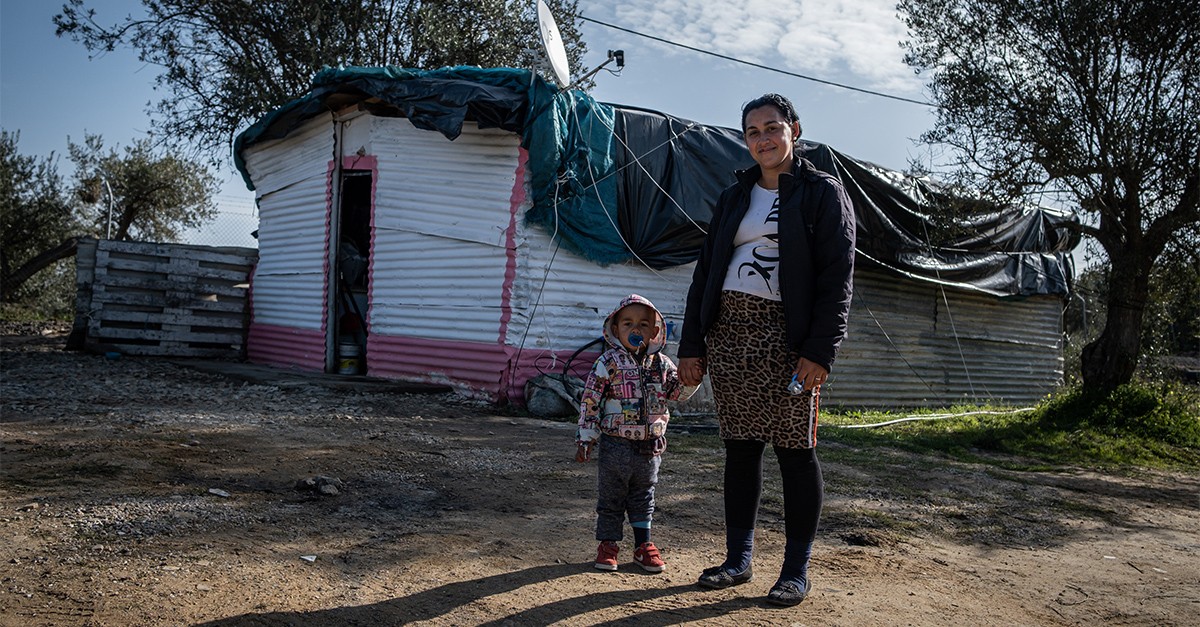
The LGBTI community also continues to face marginalisation in Portugal, including in housing. “Despite substantial progress in recent years and a general legal framework protecting LGBTI equality, LGBTI people in Portugal continue to face discrimination,” with specific needs identified in areas such as health, education, employment, housing, and social protection.
In this context, the ECRI “encourages the Portuguese authorities to continue monitoring and evaluating the implementation of the LGBTI Equality Action Plan and to carry out activities aimed at closing the gap between legislation and practice, in consultation with LGBTI communities and relevant civil society organisations.”
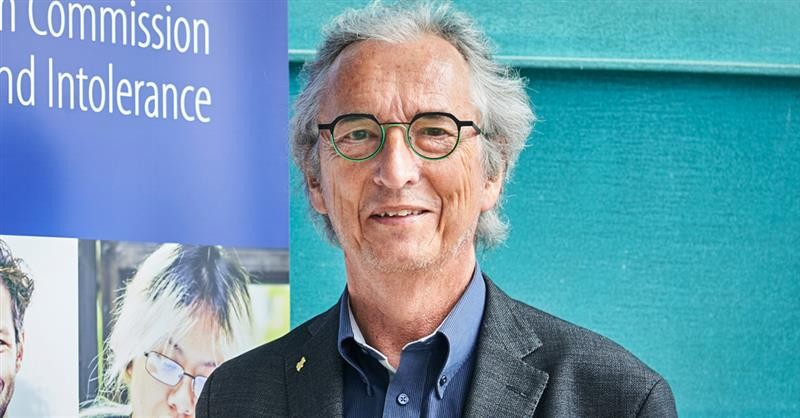
What can Portugal do to improve migrants’ access to housing?
In Portugal, there are general programmes designed to tackle substandard housing conditions. However, the ECRI notes a lack of detailed, disaggregated data on beneficiaries by gender, citizenship, or ethnicity. At least until the end of 2024, “the authorities had neither taken nor planned specific measures to address the serious problems faced by migrants in the housing sector.”
In light of this, the European body makes a series of recommendations to the Portuguese authorities. Firstly, they “should adopt a national action programme for the integration and inclusion of migrants, involving the new Commission for Equality and Against Racial Discrimination (CICDR) and relevant civil society organisations in its development, implementation, and evaluation.”
Moreover, the ECRI calls on the Portuguese government and other relevant bodies to “develop national housing policies that address the specific challenges and needs of migrants,” including:
- improving the availability and accessibility of complaints and redress mechanisms for migrants who are victims of discrimination in the housing sector;
- working with the private housing sector to prevent xenophobic incidents and practices;
- addressing migrants’ needs through investment in and allocation of public and affordable housing;
- ensuring decent emergency housing for migrants living in poverty.
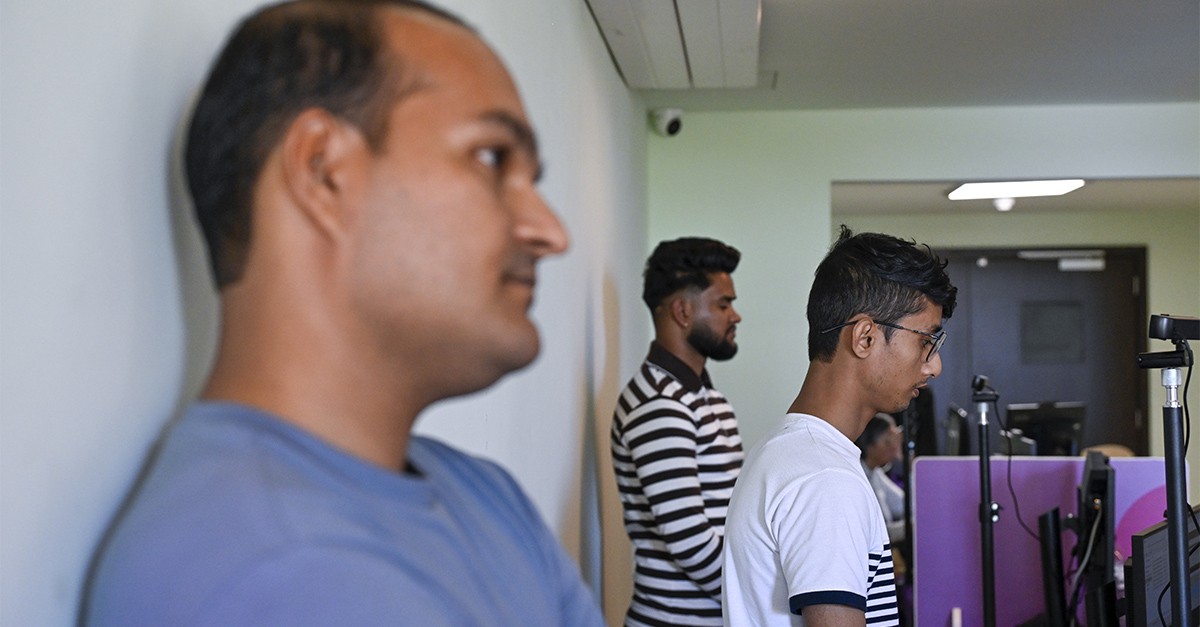
“The ECRI strongly recommends that the authorities take swift and decisive action to guarantee decent and safe housing conditions for Roma people living in substandard camps, including shanty towns, while seeking long-term housing solutions in close consultation with the communities concerned,” the report adds.
These are the messages the European Commission against Racism and Intolerance leaves for Portugal regarding housing. But it also outlines a broader set of guidelines to ensure that human rights are upheld in all areas. For instance, it advocates for stronger measures in schools to combat bullying, discrimination, and racism, as well as greater inclusion of migrants. It also calls for increased support to law enforcement in tackling hate crimes.

